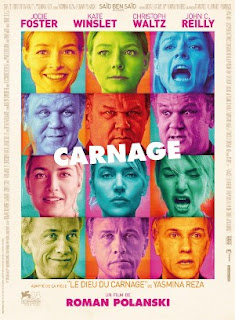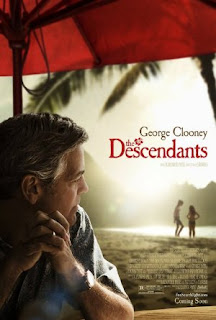Otway gets stuck in the middle of snow land with few of the survivors as him when they were heading back from the oil drilling job in Alaska. Trapped, hurt and with little hope of someone finding them, there is a significant immediate threat than the freezing temperature, the wolves. Otway was working as the shooter to protect the drilling team at the site and that aids him in assisting the group to operate for survival. The group begins with Flannery (Joe Anderson), Talget (Dermot Mulroney), Diaz (Frank Grillo), Hendrick (Dallas Roberts), Burke (Nonso Anozie) and Hernandez (Ben Bray). The film is a slow and sure death of most of these either to the cold or the wolves.
“The Grey” reminded me of David Mamet’s “The Edge” which contains lesser number of men fighting against a deadly bear in the wild. There the film focused on the underlying relationship between two characters which is how Mamet’s world works around on the unexpected actions from his characters and the layer of plot details that unfurl them to behave in that manner. Here the setting is similar but the characters have little to no background. We see Otway writing a final letter to his wife (Anne Openshaw) before the crash happens at site and ready to shoot himself. We also see him dreaming about her to escape from the very real reality. Beyond that the details that are shared by the characters are used properly and quite effectively in emotionally connecting with them.
What makes the film tick is Neeson’s unrelenting command over his character. While just a day before he was trying to kill himself and now he gets up in this freezing land, open and bleak to get things going. He hurries through the debris to help others and before you know it he leads the group in assigning duties and assimilating things. To see Neeson’s rage is a pleasure in how impeccably measured those are as though care was taken in weighing it in physical balance and deliver it with brute force.
This is not about the thrill of the escape. In fact the killer animals jumping from side of the screen is very minimal and when it happens it comes from the very much present dark that is genuine. Genuine in the sense of how real the characters have no way of seeing these wild creatures. The real crux of the film is the interaction between these people. The simple jokes in these unforgiving circumstances that relaxes them for a moment. The film mildly suffers initially from the cribbing and complaining Diaz as the obligatory jerk in these situation yet that character has a convincing turn in the events that come forth.
The film dabbles with the concept of death, the philosophy of faith, acceptance, denial and the fight. It is bleak, hopeless and when the end is near you know what is coming yet unable to accept it. That is the nature of the human survival. As much as hope guides through the cave of darkness and provides a possibility of betterment, there is peace in acceptance of doom. What is the line that would divide the difference that marks death and survival? Where do you draw the line when you are hit with that abyss of a future? Beyond faith and belief, what drives you and what does not and what is that burning desire in the belly to keep it going? “The Grey” takes a tour through those questions not of course there to answer but to ponder in to these ruminating thoughts of existence.
Joe Carnahan’s film provides thrills for sure especially when there is only one way out from the deadly cliff. Either go back as food for the wolves or go forward with the ridiculousness of what stands in front of them. That and many other scene invoke the sense of spirit of fight and survival. And it sheds the light of being accepting of an end every one is destined. Take it the calmness of Neeson’s Otway puts forth on a man to lay his head down and bask in the warmth of nothingness or another character knows what he has gone through and his action plays on the shades of giving up and meditate in eternal peace in this terror, “The Grey” is much more than a thriller that seem to use the wolves as props to venture these territories of philosophy. Even in those props is an analogy wherein the animals work as much as a clever and relentless group in hunting these bunch with sheer perseverance. As I was watching this film with awe on what Joe Carnahan has made out of from a short story “Ghost Walker” by Ian MacKenzie Jeffers, I thought to myself “if there ever is a redemption in film direction, this is it” and damn Carnahan earns it with full heart, mind and soul.













